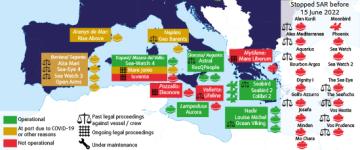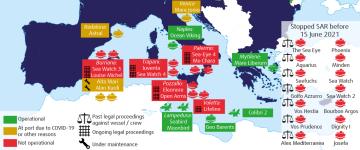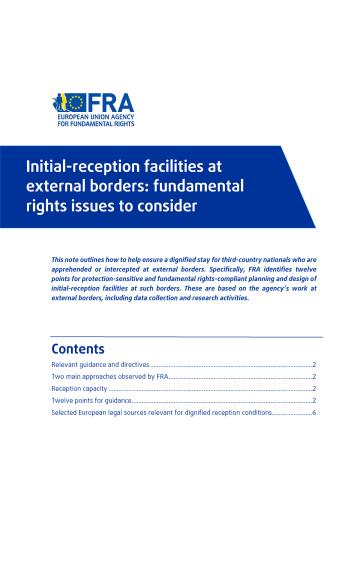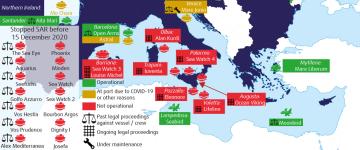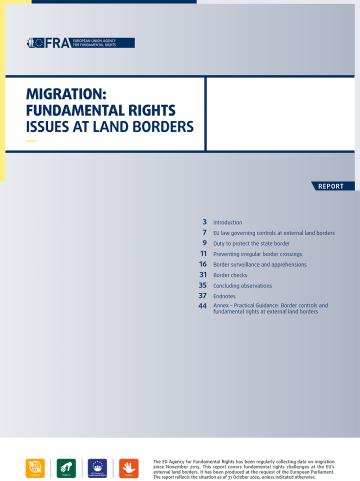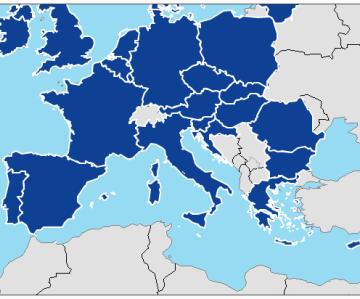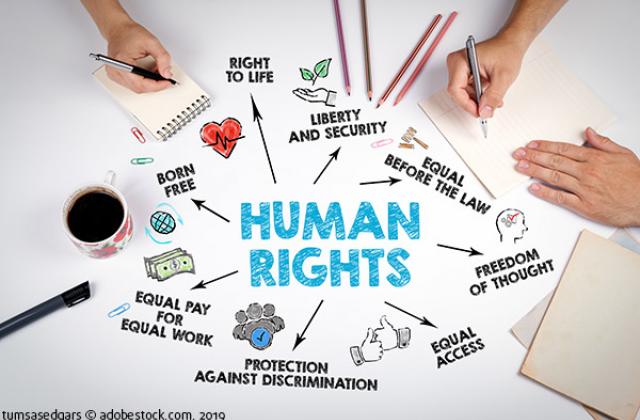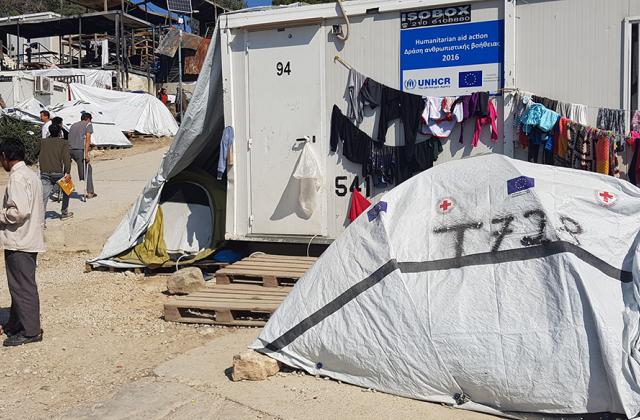The protection of fundamental rights must exist in law and in practice. To protect and promote fundamental rights and to uphold the highest professional and behavioural standards in border management, the European Border and Coast Guard Agency (Frontex) drew up a Fundamental Rights Strategy, a Code of Conduct containing a duty to report, a complaint mechanism, as well as training and guidance materials.
To facilitate adherence with fundamental rights in the daily operational work of border-management staff, after consultations with the Croatian Presidency of the EU Council, FRA developed this practical guidance. It contains ten ‘dos’ and ‘don’ts’. These suggest concrete actions that border guards and other competent authorities should take at operational level to uphold fundamental rights in their daily work. The ‘dos’ and ‘don’ts’ are also an integral part of the training for border-management authorities at different levels.
They focus on the following five core areas:
- Treating everyone with dignity;
- Identifying and referring vulnerable people;
- Respecting the legal basis, necessity and proportionality when using force;
- Applying safeguards when holding people at borders;
- Respecting procedural safeguards and protecting personal data.
This guidance applies to checks at border-crossing points as well as controls during border surveillance, unless otherwise specified. It applies to all persons, except where it refers only to third-country nationals. This guidance does not cover specific benefits EU law provides for certain categories of people, such as persons enjoying the Union right of free movement, their third-country national family members, or holders of local border traffic permits.
This guidance focuses on EU external land borders and land borders with non-Schengen EU Member States. However, many of its points equally apply to sea and air borders. At sea borders, there are additional safeguards deriving from the international law of the sea. At airports, international civil aviation law, as well as EU instruments on passenger name records (PNR) and advanced passenger information (API), contain further protective provisions.
Nothing in this guidance restricts or adversely affects applicable fundamental rights standards and safeguards.




